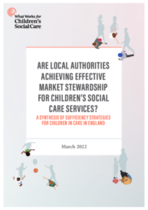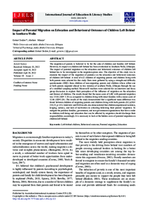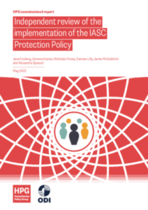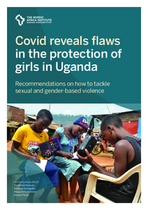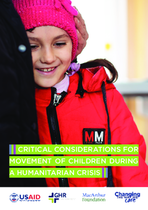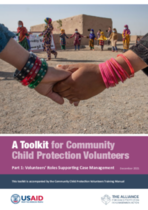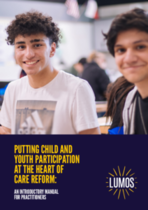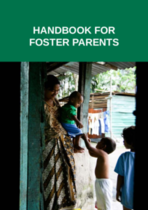South Korea’s Legacy of Orphan Adoption and the Violation of Adoptees’ Rights to Know their Origins
South Korea experienced international scrutiny over its irregular intercountry adoption practices in the 1980s. However, it eventually came to be viewed as a model of transparent and efficient adoptions. This façade disguises an orphan adoption system that has become entrenched over the decades. Today, adoptees continue to lobby for their right to origins. This paper explores South Korea’s laws and policies, which nullified the rights of adoptees, and it calls for receiving countries to assume co-responsibility to restore these rights.

